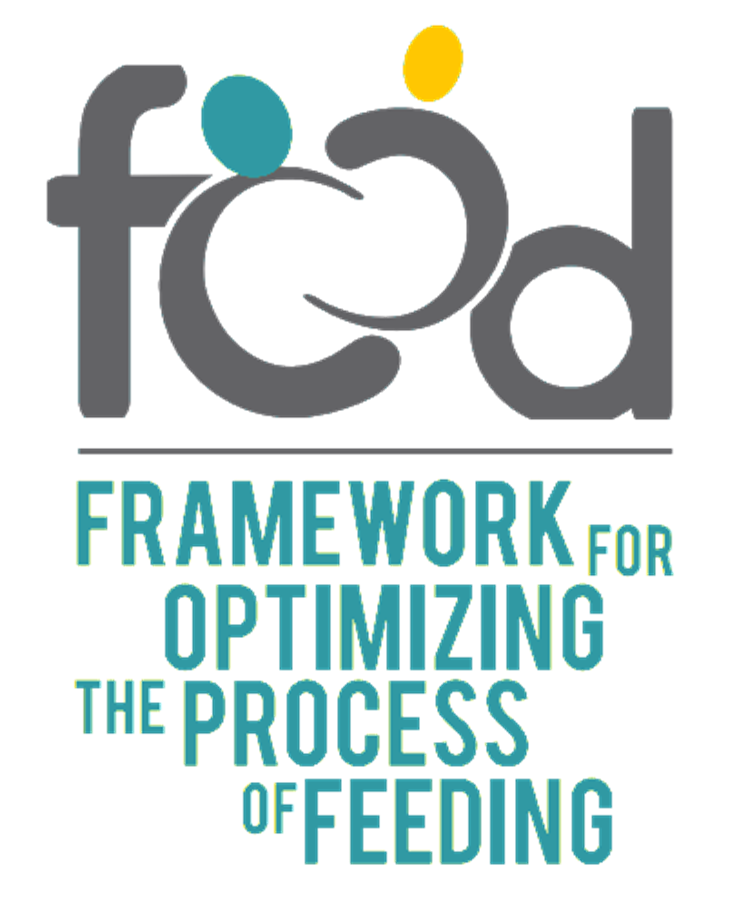FOOD
The FOOD system relies on a technical infrastructure, made of sensors, smart kitchen appliances and user’s interaction tools (interfaces), thus building a kitchen networked environment. Communication among kitchen devices exploits a wireless network, compliant with the IEEE 802.15.4-ZigBee standard. On top of such network, a supervising system and a web server are built, which enable user’s application, and manage exchanging of information through the internet. The kitchen is therefore connected to external physical and digital networks (i.e., neighbourhood community, shops and to the web), enabling service aimed at increasing safety, at providing help and guidance in food preparation and at fostering exploitation of inherent social and cultural implication of feeding. End-users (which include elderly people as well as their supporting network) are involved in system and service design since its earlier phases, exploiting participatory design tools.

